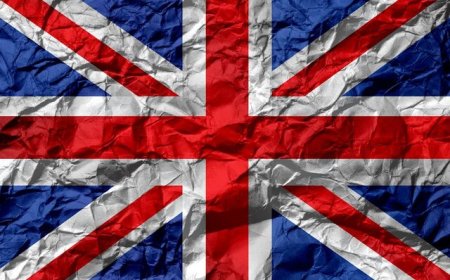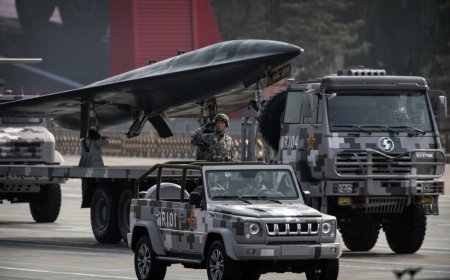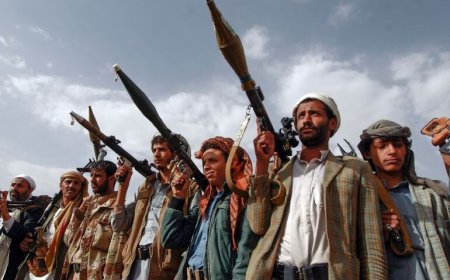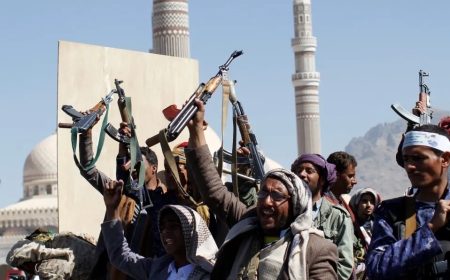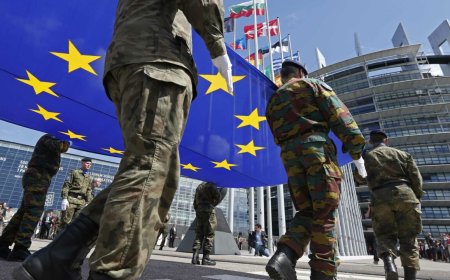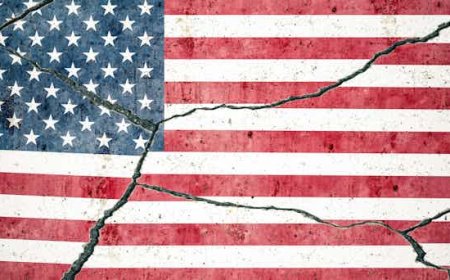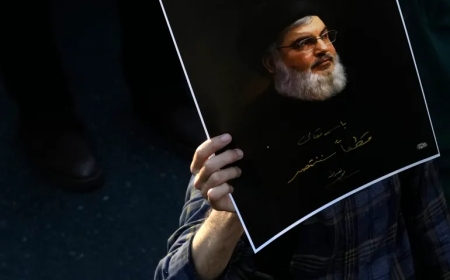Changing global geometry and Europe's view of China
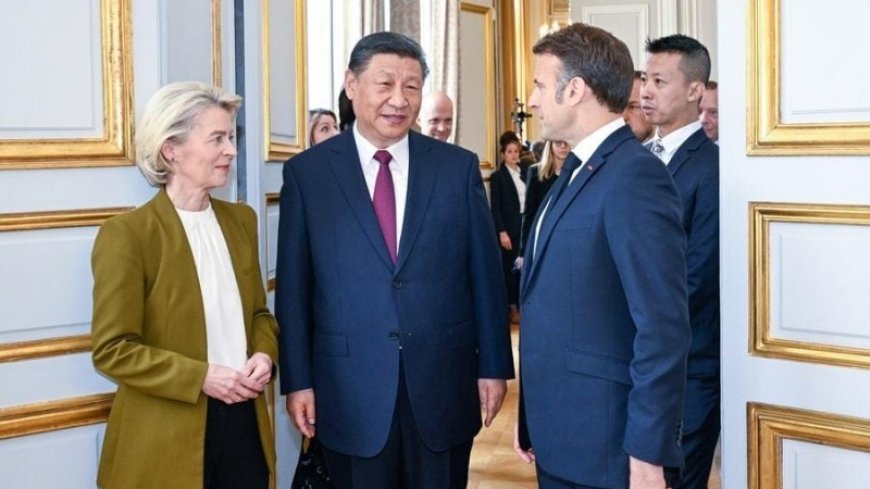
Chinese President Xi Jinping's first visit to Europe in five years has made significant waves on the international stage. According to political experts, this visit aims to create a new world order.
Described as a "diplomatic nuclear explosion" by Western media, this major event has sparked public discourse in the West and had a significant impact on China's international image. This atmosphere is reminiscent of former U.S. President Richard Nixon's visit to China in 1972. At the time, French President Charles de Gaulle stated that France needed to listen directly to China and that other governments, still adopting a wait-and-see strategy, would eventually follow Paris.
Western experts suggest that the changing dynamics of a multipolar world have pushed China to act in defense of its interests. With an inevitable confrontation with America and positive relations with Moscow, Europe is becoming a focal point in determining the weight of multipolarity in the future world. Consequently, China aims to maintain free economic relations with Europe and is making intense diplomatic efforts to engage with the continent.
### First Stop: France
The first stop on Xi Jinping’s European tour was France, which continued its grain trade relations with Beijing even after the Ukraine war. Traditionally, Germany has been the most interested country in the European Union regarding China. However, Germany's policy after the Ukraine war strained relations with China. The German Foreign Ministry is controlled by green conservatives, contributing to this tension. This situation faces resistance from the German industrial lobby, while U.S.-backed think tanks publish intelligence reports tarnishing China's image, trying to influence Berlin's relations with Beijing.
### Second Stop: Serbia
The second stop on Xi Jinping's European tour was Serbia. Although not a member of the European Union, Serbia is a crucial country in the Balkans with cold relations with the West due to intense NATO bombings in the 1990s. Additionally, Serbia faces pressures such as EU membership and Kosovo's sovereignty issues. As a result, Serbia's prosperity depends on its ability to establish relationships with third powers like Russia and China.
### Final Stop: Hungary
The third and final stop of the visit was Hungary. Under the leadership of Viktor Orban, Hungary is known for its support for China throughout the European Union. Orban has expanded his foreign policy towards China and Russia, making Budapest a crucial partner for Beijing. Hungary serves as a gateway for Chinese investments to enter the European continent and holds a special strategic position in Central Europe and the Balkans. One of China's economic corridors starts at the Greek port of Piraeus and passes through Greece, Serbia, and Hungary.
Xi Jinping's European tour clearly demonstrates China's steps and diplomatic strategy to play a more active role in a multipolar world order. These relationships with Europe serve China's goal of becoming a more powerful player on the global stage.


